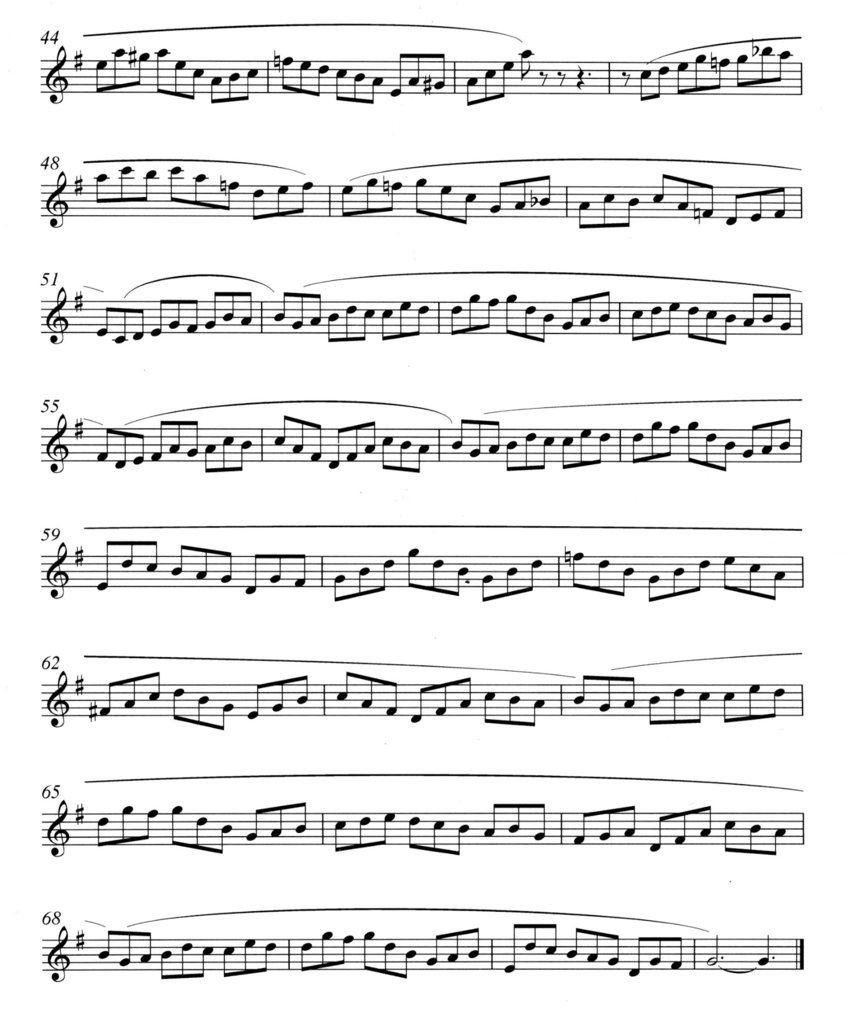I was interested to hear that Karajan doubled the obligato parts in order to eliminate the effect created by breathing in very long passages. A very practical solution, which reminds me of the problems I've experienced many times when playing the oboe obligato part in "Jesu, Joy of Man's Desiring".




Comment